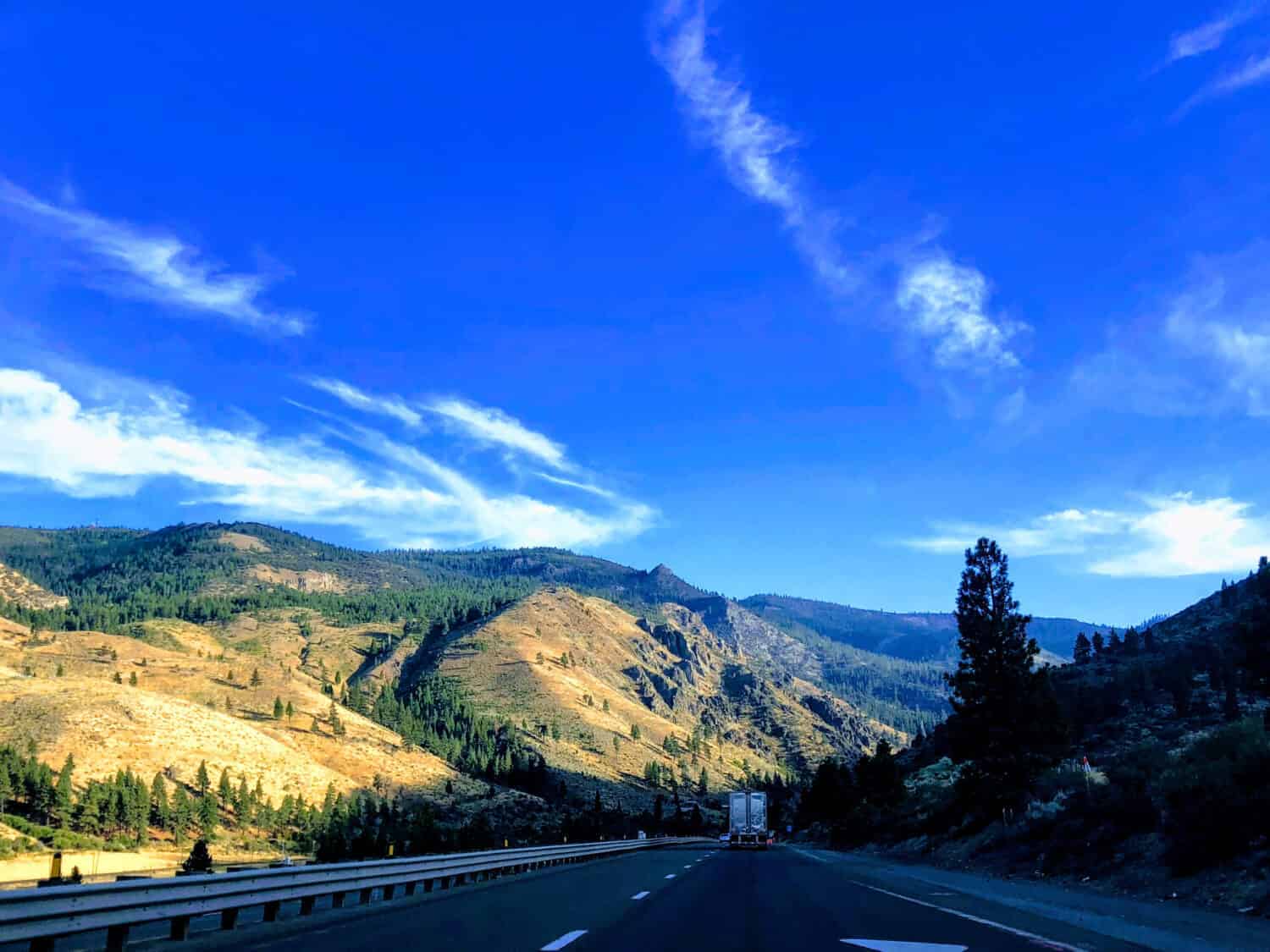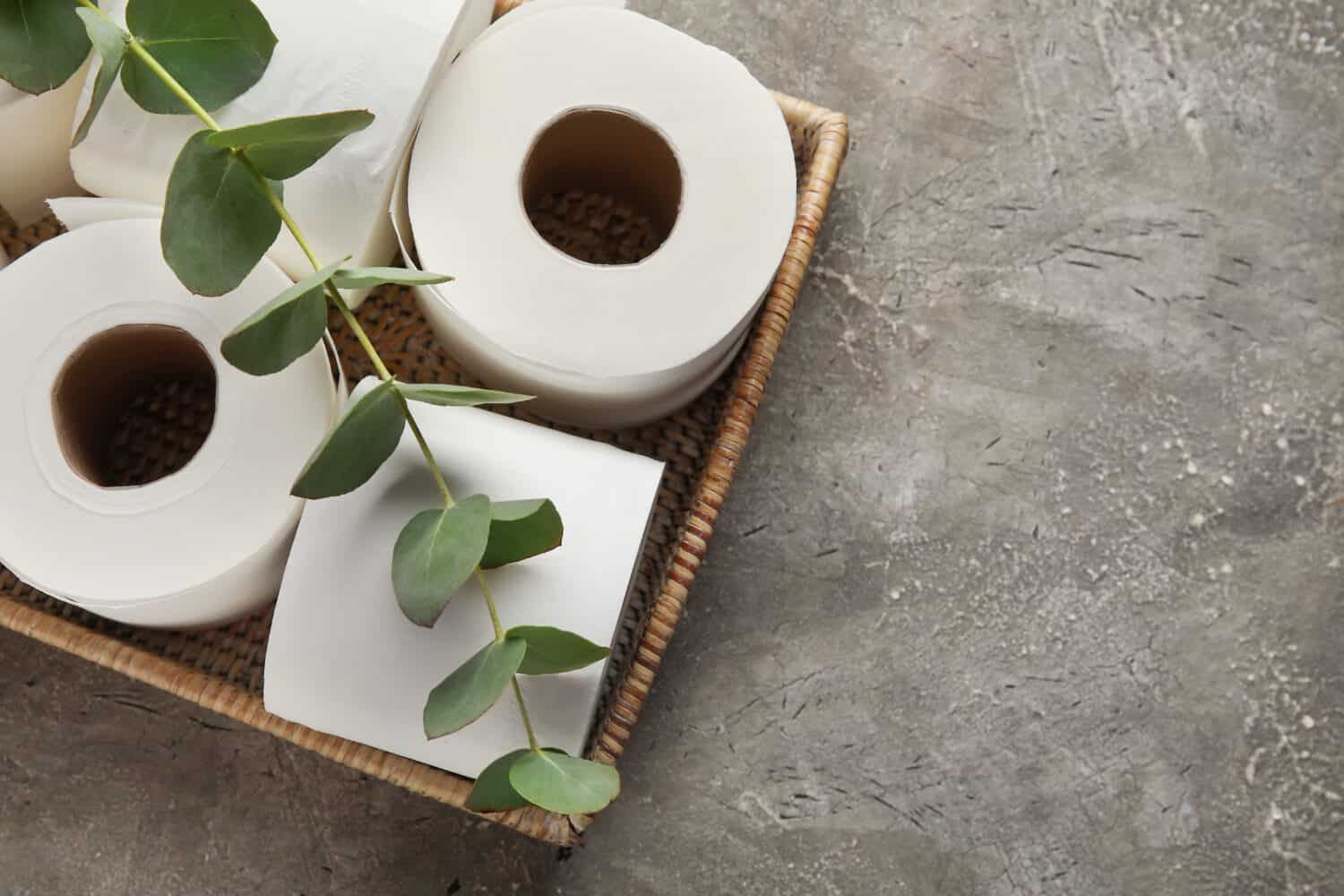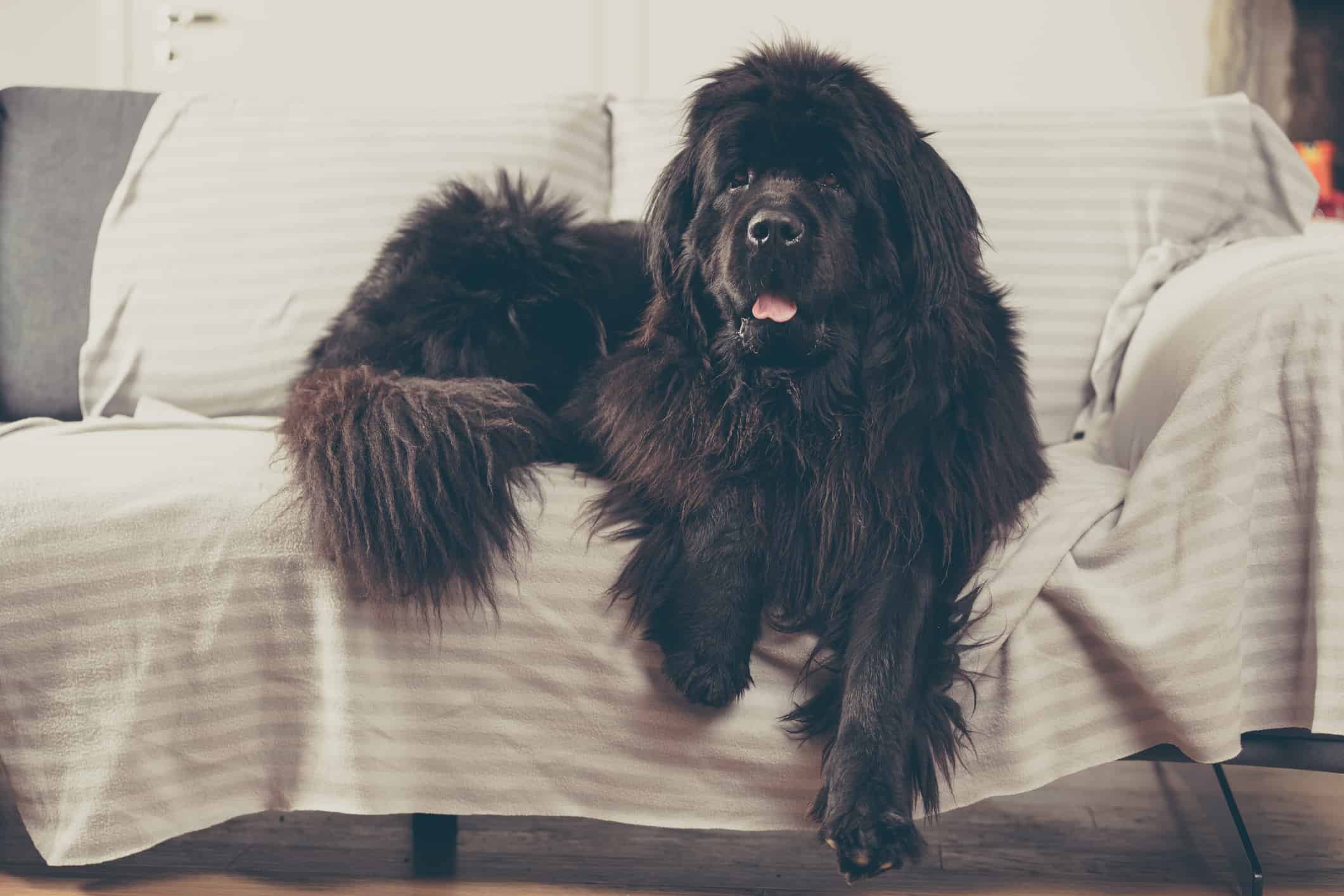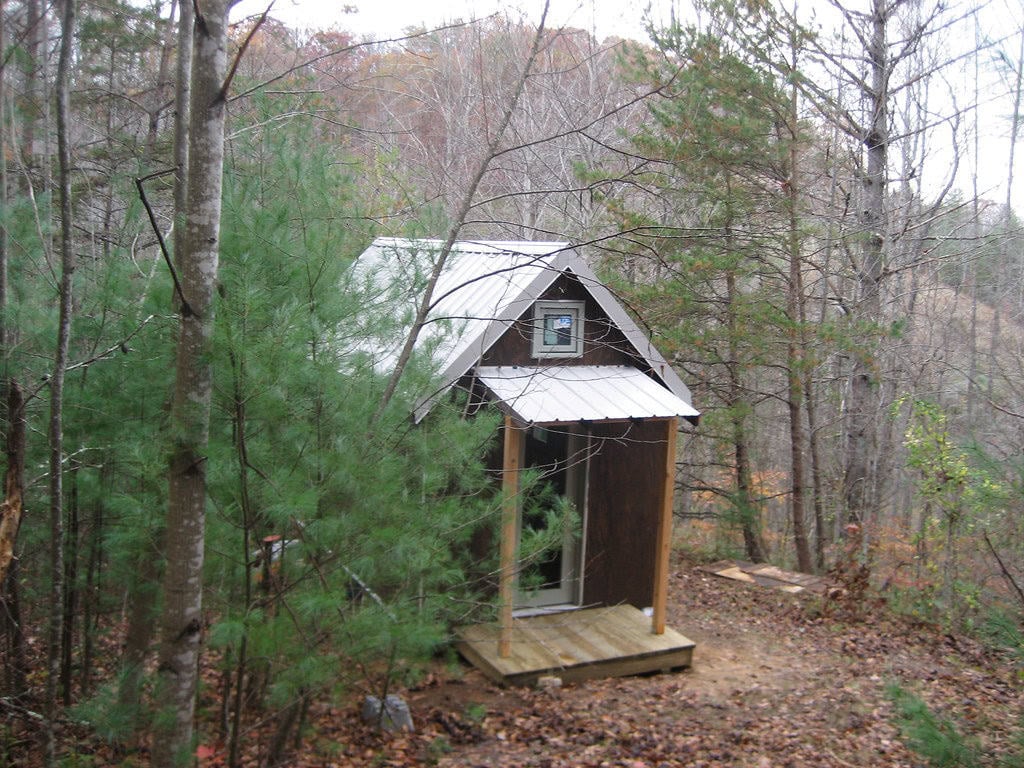The tiny home lifestyle has gained significant popularity in recent years. While there are plenty of great reasons to jump on board the tiny house movement and make the switch, there are also several challenges to consider. If you are wondering if tiny home living is right for you, this guide has you covered. We’ll explore ten compelling benefits of living in a tiny house and why it can be an amazing choice. At the same time, we will look at ten potential drawbacks that might make you reconsider.
Compelling Reasons to Live in a Tiny Home

©Ariel Celeste Photography/Shutterstock.com
First, let’s take a look at the reasons many people choose to live in a tiny house. While the thought may seem absurd to some, tiny homes are becoming increasingly popular. That is because there are a host of positives that come with this way of life.
Financial Freedom

©ElenaR/ Shutterstock
One of the most compelling reasons to live in a tiny house is the financial freedom that comes with it. Tiny houses are not always considered real estate, so a traditional mortgage is not typically used to buy one. With a smaller loan or after the upfront cost of buying a tiny home comes more financial wiggle room.
Affordability

©Feverpitched/iStock via Getty Images
One of the appealing pros of living in a tiny house is the affordability that comes with it. In comparison to a traditional house, a tiny home is a lot cheaper to purchase. According to Rocket Mortgage, a tiny home averages between $30,000 to $60,000.
Although homes can range much lower than this or much higher, the price point looks a lot better than paying between $250,000 and $5000,000 for a home.
Downsizing on Clutter

©northallertonman/Shutterstock.com
One of the downfalls of living in a traditional home is how easy it is to collect clutter. Even those with the best of intentions may find themselves surrounded by too many material items. For some, clutter can be very suffocating.
In a tiny home, it’s not possible to collect an overabundance of clutter because there’s nowhere to put it. Therefore, before moving into one, you will be forced to downsize. This can be a good thing if you constantly find yourself overwhelmed with the amount of stuff you accumulate over the years.
Simplicity

©Maria Markevich/Shutterstock.com
Living a life of simplicity can sometimes feel like a far-off dream. When bombarded with material possessions, it’s easy to become overwhelmed. With advertisements telling us we need bigger and better, losing sight of the true meaning of life happens often. However, living in a tiny home doesn’t just force one to be choosey about the material items they keep, it also draws a person’s mind back to simplicity.
A tiny home frees a person’s mind in a number of ways. It frees it from clutter, hours of cleaning, and financial burdens. Instead, it allows people to focus their lives on what truly matters: the people they love, the enjoyment they feel in life, and thriving every day.
Less Environmental Impact

©Galeanu Mihai/ via Getty Images
When it comes to carbon emissions, tiny homes cut down on the average of 40% that residential buildings create. In fact, it’s been said that tiny homes actually cut down their carbon footprint by more than half.
This means that if you are environmentally conscious, a tiny home may be ideal.
Ability to Connect with Nature

©N8Allen/Shutterstock.com
Tiny homes are often used as a means to connect more with nature. Many of them have huge windows that allow those who live there to see outside easily. Furthermore, if you live in a tiny house, you will be encouraged to get outside more, especially if you want a break from being cooped up all day.
Lower Maintenance

©scyther5 / Getty Images
Tiny homes are less maintenance-intensive than traditional homes. Cutting down on the size of your home means there’s less upkeep. Have you ever heard an adult say while growing up, “It’s always something when you own a home?” One minute, the plumbing needs to be fixed; next, your roof is leaking. However, with a tiny home, there’s less maintenance to take care of. With less upkeep comes less money and time spent fixing things that keep breaking.
Additionally, tiny homes are less upkeep when it comes to cleaning. The smaller space means daily and weekly household chores get done quicker.
Ability to Travel

©Cleveson Santos/Shutterstock.com
Some tiny homes have wheels. This means that it’s easier to pick up your home and travel from state to state. Do you want to see the east coast? Why not take a trip? Not being tied down by a traditional mortgage helps with being able to travel. So does the ability to pick up your home and travel to your dream location for a few months.
Using Less Energy

©Eco Tiny House/Shutterstock.com
The smaller space of a tiny home means that it is more energy efficient. It takes less energy to heat and cool a smaller home, and less electricity is needed. Many tiny homes also come with solar panels, LED lighting, and insulated walls.
Encourages Closeness

©arda savasciogullari/Shutterstock.com
If you live in a tiny house with your family, closeness will become second nature. With very little space to go off alone, parents and children have to spend more time with one another. This can lead to fun conversations, finding common interests, and a deeper bond.
Of course, being so close to one another all the time comes with its own set of downfalls. There are not many places to cool off if you’re feeling agitated. Additionally, intimate times can be more challenging to find with a spouse if children are around.
Reasons to Think Twice About Living in a Tiny Home

©Michele Jackson/iStock via Getty Images
With every plus, there’s always a negative. While tiny homes come with many great reasons to pack up your family and make the leap, there are also some downfalls to this way of life.
Not a Ton of Storage Space

©Yasin Caglayan/Shutterstock.com
It’s true; a tiny home forces you to declutter. However, it also means there’s not a ton of storage space for, like, anything. Are you still hanging on to those precious angel collections your grandma gave you? You will probably need to find a new home for them. Do you love to shop for clothing? You better think twice because where will you store all of it?
Some people like to store extra clothing, toys, and gear for children to pass on to younger siblings. However, in a tiny home, this is nearly impossible. So, if you find that you have a tendency to need storage space, you may want to think twice.
There isn’t Much Space to Have Guests Over

© Michaela Komi/Shutterstock.com
Some people are born entertainers. However, if you live in a tiny home, it’s like living in a hotel room space-wise. This means entertaining guests can be tricky. Birthday parties for your child may have to be outside or at a different venue. A couple of people at a time may be no problem, but any more than that may become too tight of a squeeze.
Harder to Grow a Family

©Monkey Business Images/Shutterstock.com
Tiny homes have become more and more popular for singles and couples. Even families with one or two kids make it work. However, if you want to grow a large family, there may be better options than a tiny home. There isn’t a lot of growing room for expansion. If you can sacrifice space and are okay with raising several kids in a tiny home, it’s not impossible. However, it may become quite uncomfortable.
Many Tiny Houses Use Compost Toilets

©Pixel-Shot/Shutterstock.com
Often, tiny homes have compost toilets. This is because they are environmentally friendly and save space. If you aren’t sure what a compost toilet is, it’s waterless and a compost for your bodily waste.
Composting toilets collect the different wastes in different containers. They break down solid waste. Many people choose compositing toilets for several reasons:
- They take up less space
- Eco-friendly
- No need for water or plumbing
- Saves on energy costs
- No septic tank needed
While these toilets may be a pro for some people, others don’t care for them. They can take more effort to maintain since they must be emptied. Additionally, odors may develop if the toilet isn’t maintained correctly.
Not Much Privacy

©Studio Romantic/Shutterstock.com
For a couple who has children, finding privacy to be intimate may become difficult. Couples may have to be more intentional when looking for that alone time together. Additionally, finding privacy to be alone is more challenging for kids and adults alike.
Not Ideal for Large Pets

©iStock.com/rzoze19
Pet owners may also have a difficult time living in a tiny home. It may be harder to keep large dogs or several pets, especially if you have a family. Pet lovers may have to sacrifice owning a large animal simply because there won’t be a ton of room for them. Large pets may feel more cramped with very little space to play.
Less Space Means More Cleaning

©Ulza/Shutterstock.com
Although tiny homes are easier to clean, you may find yourself cleaning more often. This is because it’s easier to clutter up a smaller space. If there are children that live in the tiny house, it’s essential to have a routine that encourages picking up after themselves often.
The Resale Value Isn’t Ideal

©TunedIn by Westend61/Shutterstock.com
Tiny Homes are what they call a “grey area.” This means many traditional home loan options do not work for a tiny home. Instead, the value depreciation of a tiny home is similar to that of a car. If you want to sell your tiny home, the value has already decreased, and it may be harder to make money back on it.
There are Hidden Costs

©"the tiny house on a hot summer morning" by nicolas.boullosa is licensed under BY 2.0. - Original / License
Although tiny homes are typically less expensive than a traditional home, there are still some hidden costs. These hidden costs that come with owning a tiny home include:
- Utility hookup
- Renting of a lot
- Transportation
- Permit fees
- Trailer costs
- Fuel expenses
- Property taxes
- Insurance
Tiny Homes May Not Follow the Laws and Codes of Your State

©Zwiebackesser/Shutterstock.com
In some states, tiny homes aren’t considered legal homes. Before buying a tiny house, it’s a good idea to take a look at the laws and codes within your state. Since the square footage of a tiny home doesn’t always meet the minimum to be a residence legally, they sometimes fall into the category of recreational vehicles in most states.
Therefore, parking your tiny home just anywhere is a surefire way to get yourself booted. However, there are many different places throughout the United States that are created specifically for tiny home living. (Like the tiny home sites in this article right here.)
One Last Note

©"Tiny House in a Landscape" by wheezinggirl is licensed under BY 2.0. - Original / License
Tiny home living is only for some people. If you are planning on growing your family or find that you need that private space, you may need something else. However, the cost of living may be significantly reduced if you choose this way of life. Tiny homes are typically cheaper than traditional homes, are more mobile, and can bring you financial freedom. With the many pros and cons of tiny home living, it can take time to make a decision. However, the right decision is what is best for you and your family’s future.
The image featured at the top of this post is ©"Tiny Home Dedication" by CityofStPete is licensed under BY-ND 2.0..
